"It Is Hell."
Marie Claire Ukraine staffers on what they’re enduring as bombs fall on their beloved country.
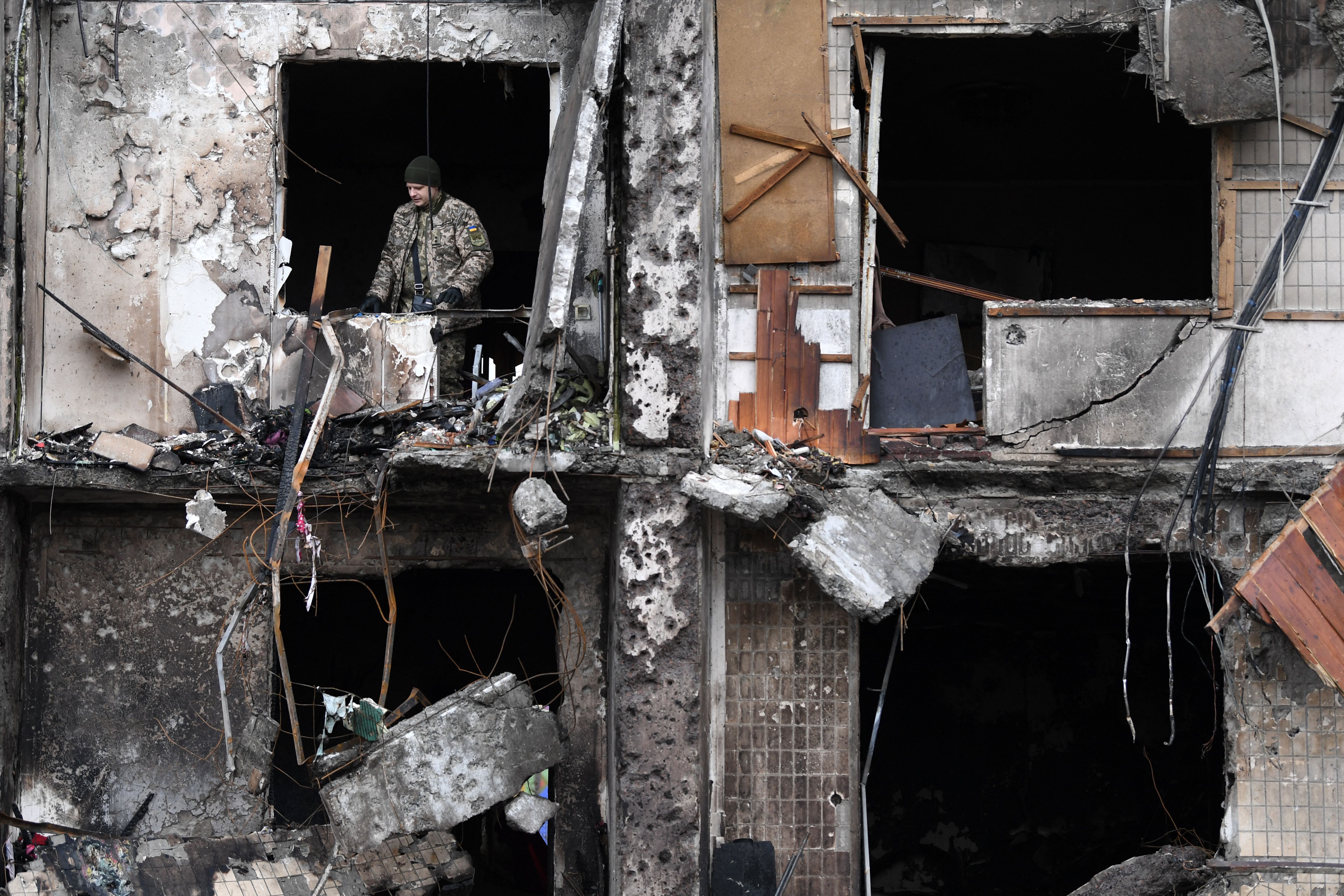
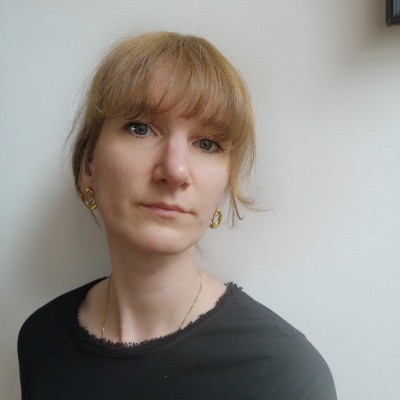
When the bombs started falling on Ukraine, we, like the rest of the world, felt shock and disbelief. We were devastated for the citizens of Ukraine, and deeply concerned about the staff of our sister publication, Marie Claire Ukraine. Finally, we received word that they were safe and, for now, in shelters. They told us that they felt scared, angry, and alone. “It is hell,” says Irina Tatarenko, editor-in-chief of the Ukraine edition. “Please, we beg you, spread word of the situation in Ukraine. We need your support so much.”
Since Putin’s speech on February 21—in which he recognized two pro-Russia separatist areas of Ukraine as independent republics—brand director Katerina Lagutina had felt uneasy, posting on social media about her fears regarding the political situation and urging that Ukraine be admitted to NATO. After a long day at the office on Wednesday, February 23, she went to the theater. Life still felt normal.
That night at 4 a.m., Russian troops entered Ukraine. Lagutina woke up to her phone ringing. She picked up, and her best friend told her that the war had started. “From this point on, I couldn’t tell the date or the day of the week,” she says. “I could only count like this: first day of the war, second day of the war…”
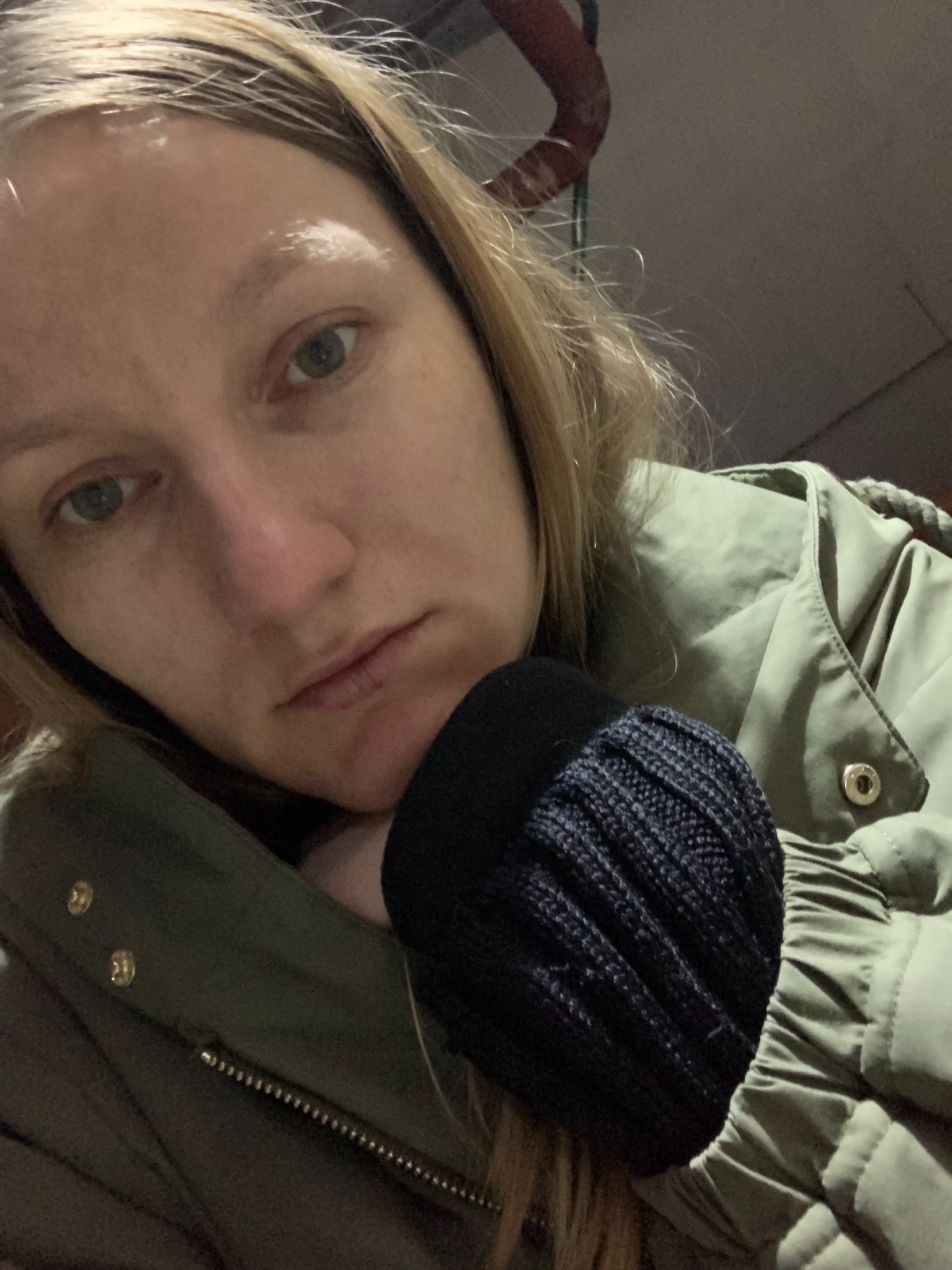
Marie Claire Ukraine brand director Katerina Lagutina waits in a makeshift bomb shelter in Kyiv.
Lagutina is from Luhansk, in the Donbas region. In 2014, when armed conflict broke out in Ukraine and fighting began along the Russian border, she moved to Kyiv. Initially, she felt safer in the capital. Back in her hometown, Lagutina had seen soldiers firing guns “from the roofs of civilian houses.”
Now it’s happening again, this time in Kyiv, and Lagutina has had to take shelter in the basement of her new home. “There is no protection here,” she says. “But the people’s reaction shocked me: Everyone is so calm, following the rules. Even the children don’t cry in the shelters. People are organizing water supply and places to sit… Shops and pharmacies are closed in our district, but we still have water and electricity. The Internet still works, but not well.”

Liza Prykhodko, a photographer for Marie Claire Ukraine, waits as war rages on overhead.
If Putin stops fighting, there will be no war. If we stop fighting, there will be no Ukraine.
Liza Prykhodko, photographer
“At first you don’t believe it, and you think if you go outside you will die immediately,” says Liza Prykhodko, a photographer for Marie Claire Ukraine. “When I heard the first siren, I just felt nauseated. And then the next day, there was the sound of shelling, and all I could do was try to reassure my family and friends on the phone, because for me it is worse that they agonize than it is [for me] to be in the shelter hearing all the alarms and explosions. All we can think about are those we love who are not with us—and worry.”
Almost hourly, she says, they reach out to each other, writing and calling, saying things like, “Are you OK?“ “Was your building hit?” “Is everyone alive in your family?” “Have you managed to sleep, even a little bit?” “Have you eaten something?” They also say: “We are strong,” and “I love you.”
Stay In The Know
Get exclusive access to fashion and beauty trends, hot-off-the-press celebrity news, and more.
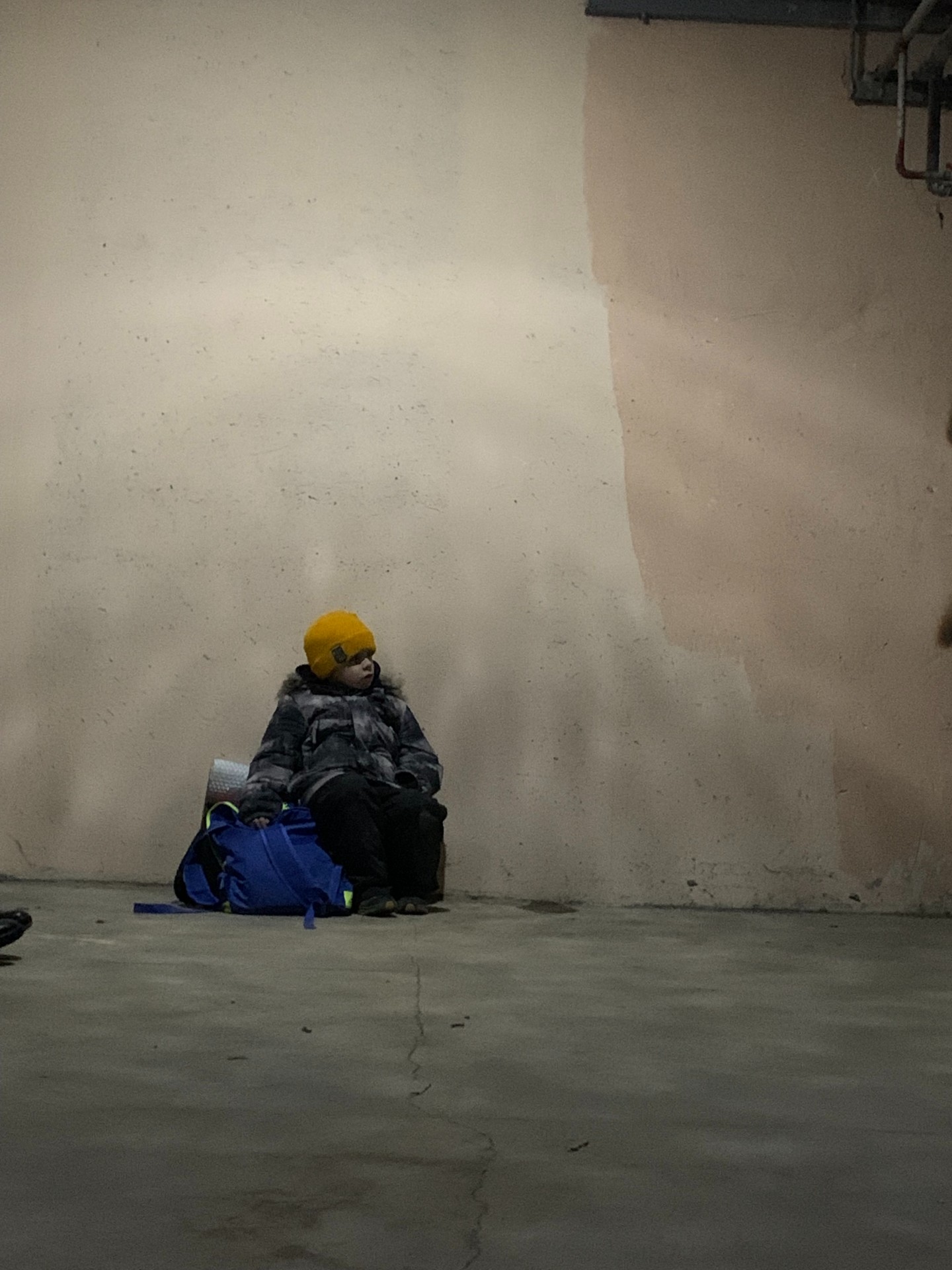
A child waits quietly in the shelter.
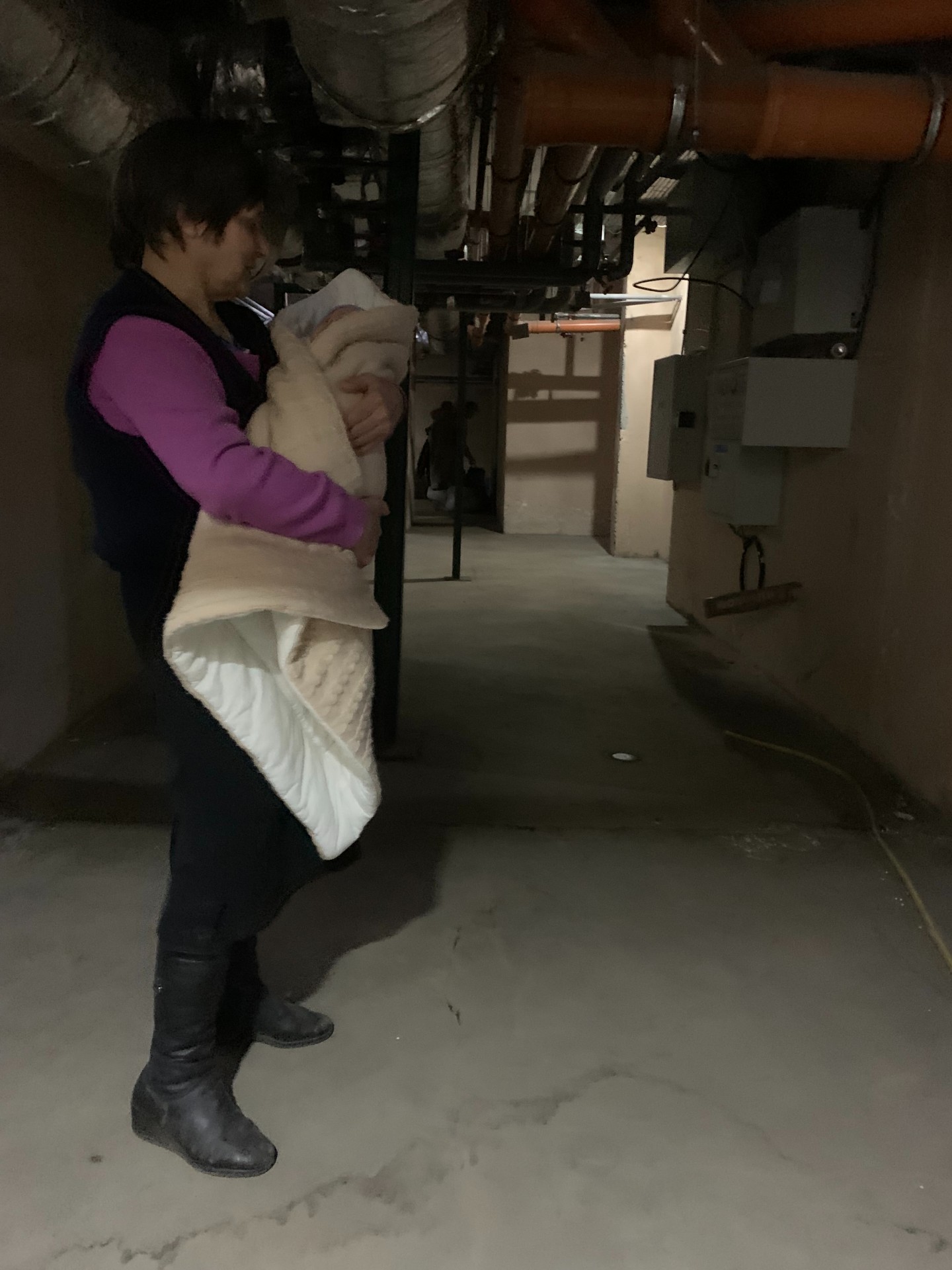
Lagutina is surprised that even the children seem calm.
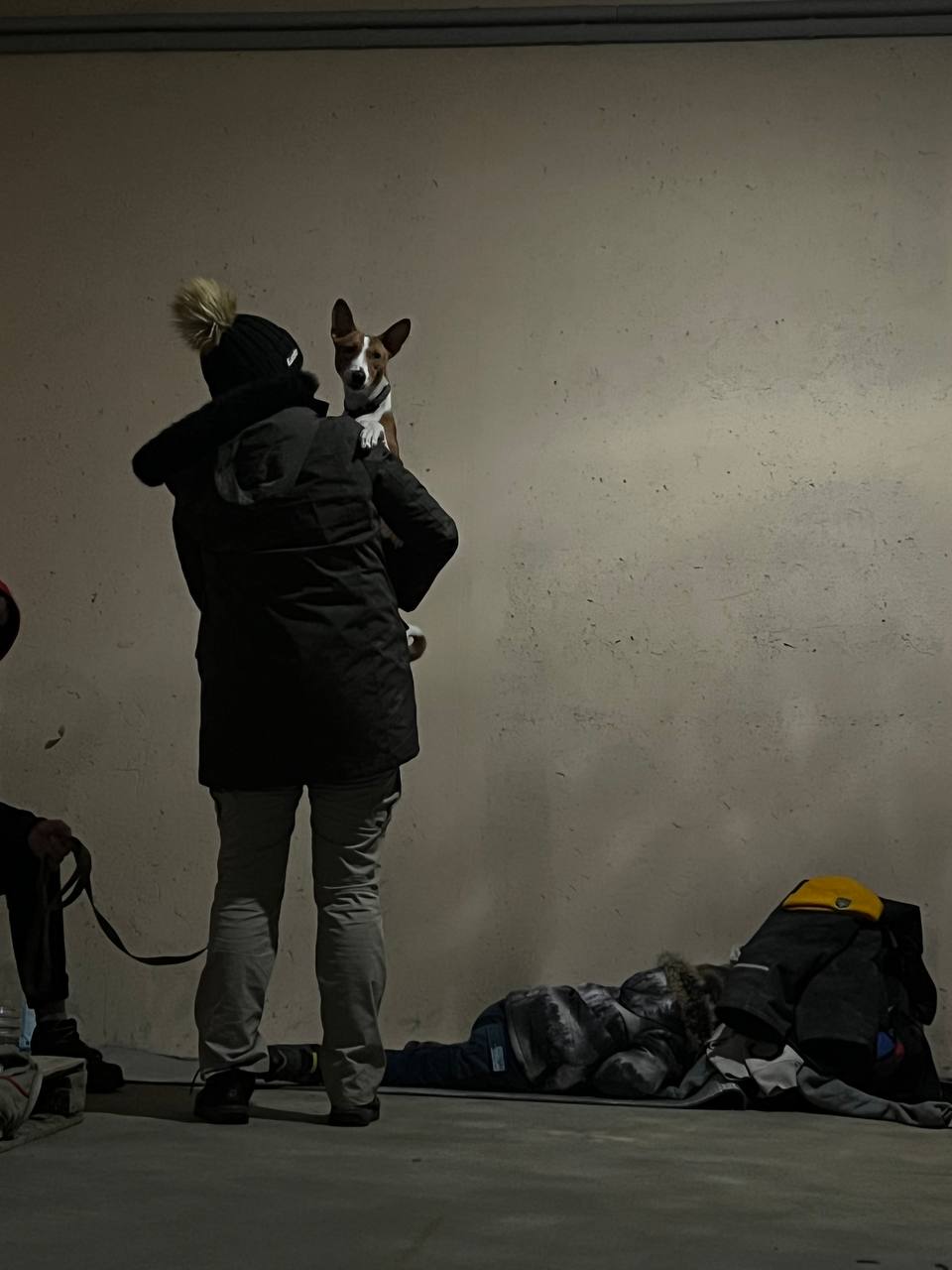
Beloved pets have been brought underground to safety.
On the first day of the invasion, the targets were mainly military infrastructure and airports. To avoid being showered with broken glass if a bomb fell nearby, Prykhodko put Scotch tape on the windows of her home—which would seem laughable if it weren’t so sad, she says. But it might help, and there is little else they can do. She adds: “All we have for protection is our prayers and the people around us, because nobody expected [that] the aggressor would attack civilians.”
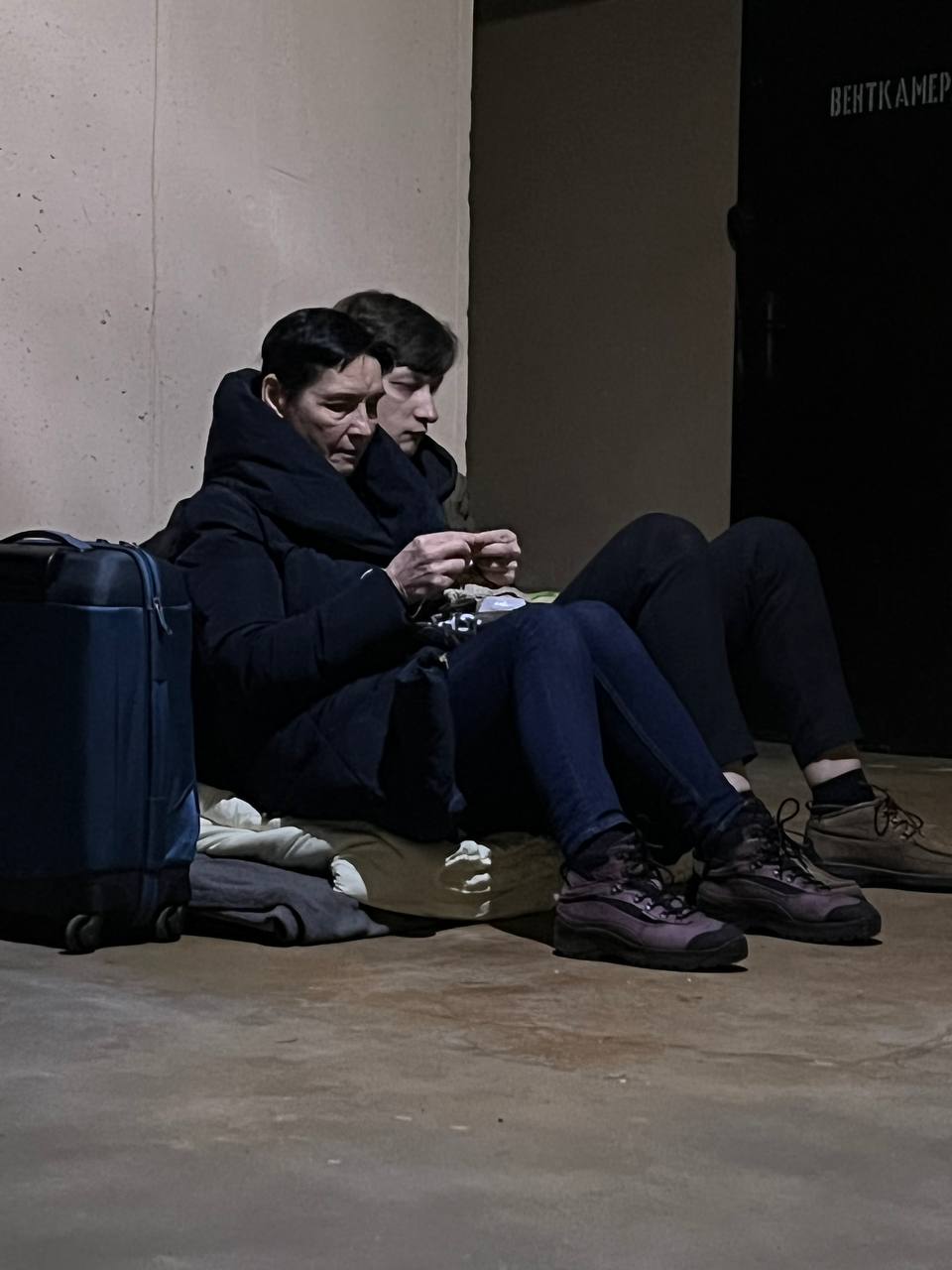
Huddling together in uncertain times in a Kyiv shelter.
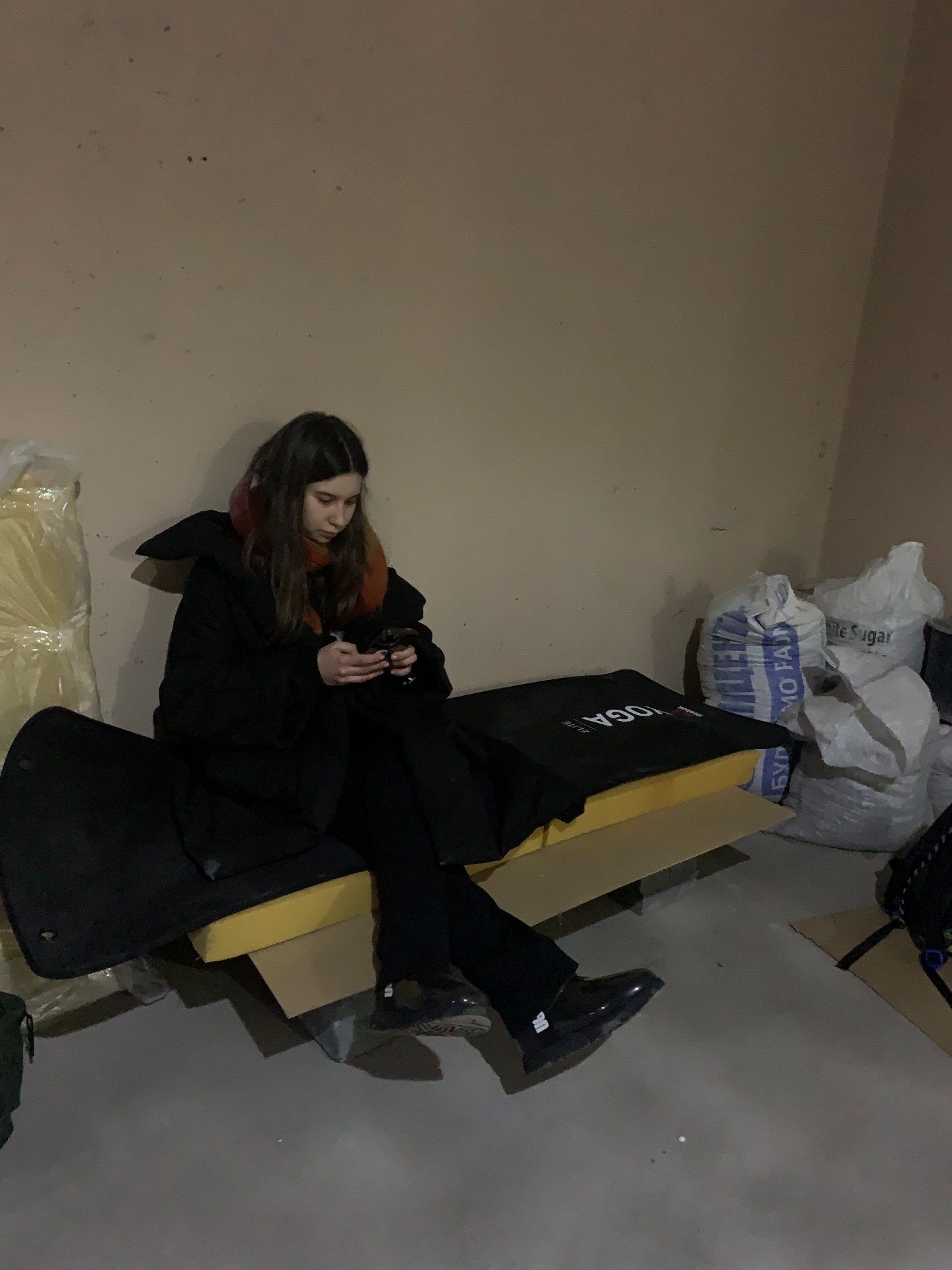
Someone seeking refuge at the shelter tries to find comfort.
When asked if she saw the war coming, Prykhodko’s answer is an emphatic, “No!” For Lagutina, things are slightly different. “Of course we were afraid of this,” she says. “We have been living [with] war for eight years. But this was a total shock to us; we never expected this to happen—not like this.”
She and her colleagues hope the rest of the world will support her country. “This is totally insane!” she says of the conflict. “When we stop talking about it, it will become normal. We are so much smaller than our enemy. If Putin stops fighting, there will be no war. If we stop fighting, there will be no Ukraine.”
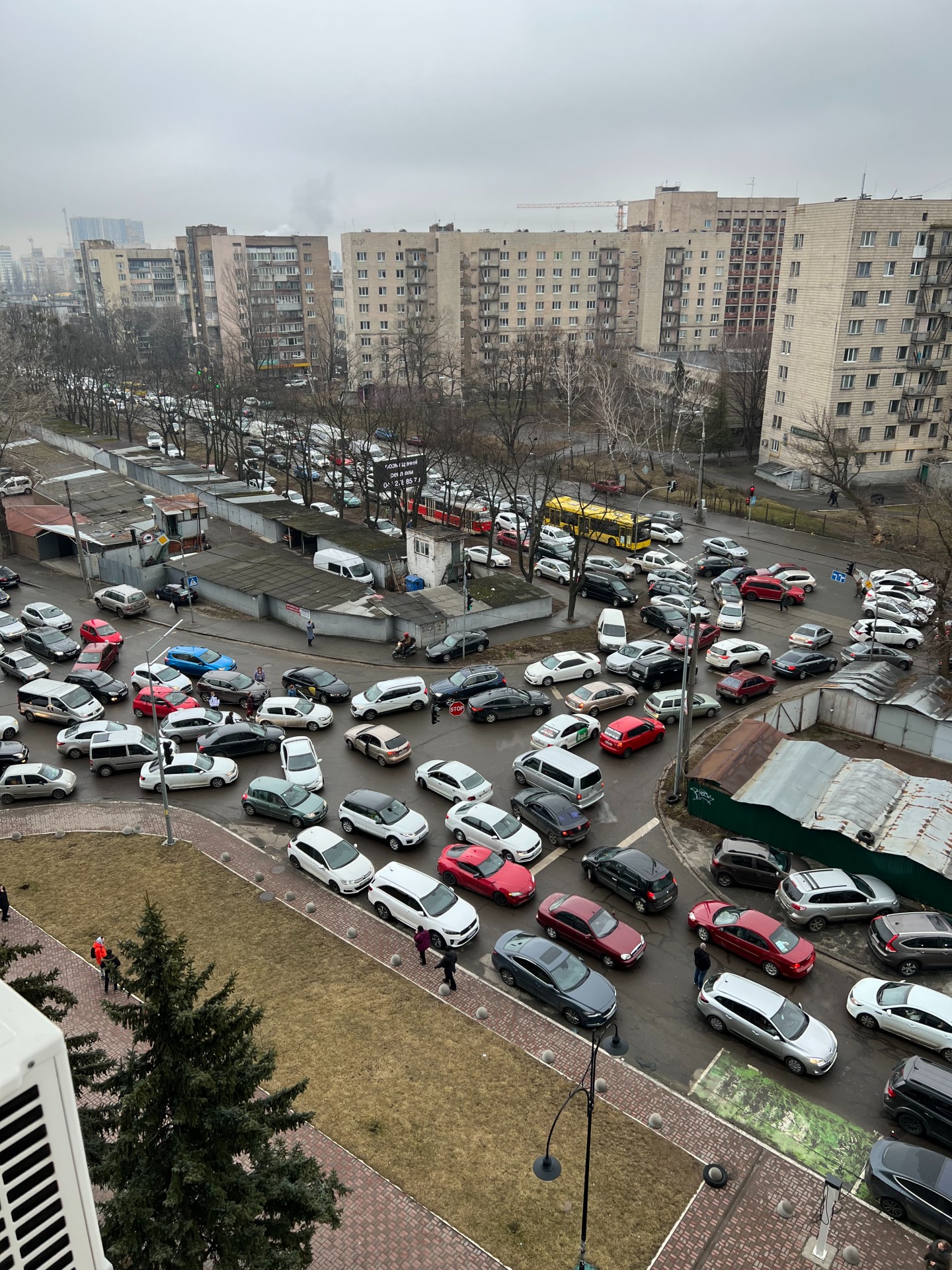
Gridlocked cars in Kyiv as residents flee from war.
We beg you, spread word of the situation in Ukraine. We need your support so much.
Irina Tatarenko, editor in chief
Other countries have imposed sanctions on Russia and are sending infrastructure to support Ukranians. But so far, the Ukrainian people and government are relying on themselves, rather than foreign troops, to defend their country.
Prykhodko and Lagutina are proud. They’ve watched as lines of men of all ages join the fight and protect their neighborhoods, their country. And they speak of President Volodymyr Zelensky’s bravery—that he refused to flee the quickly besieged capital city. He stayed with his people and is reported to have told those who wanted him to evacuate: “I need ammunition, not a ride.”
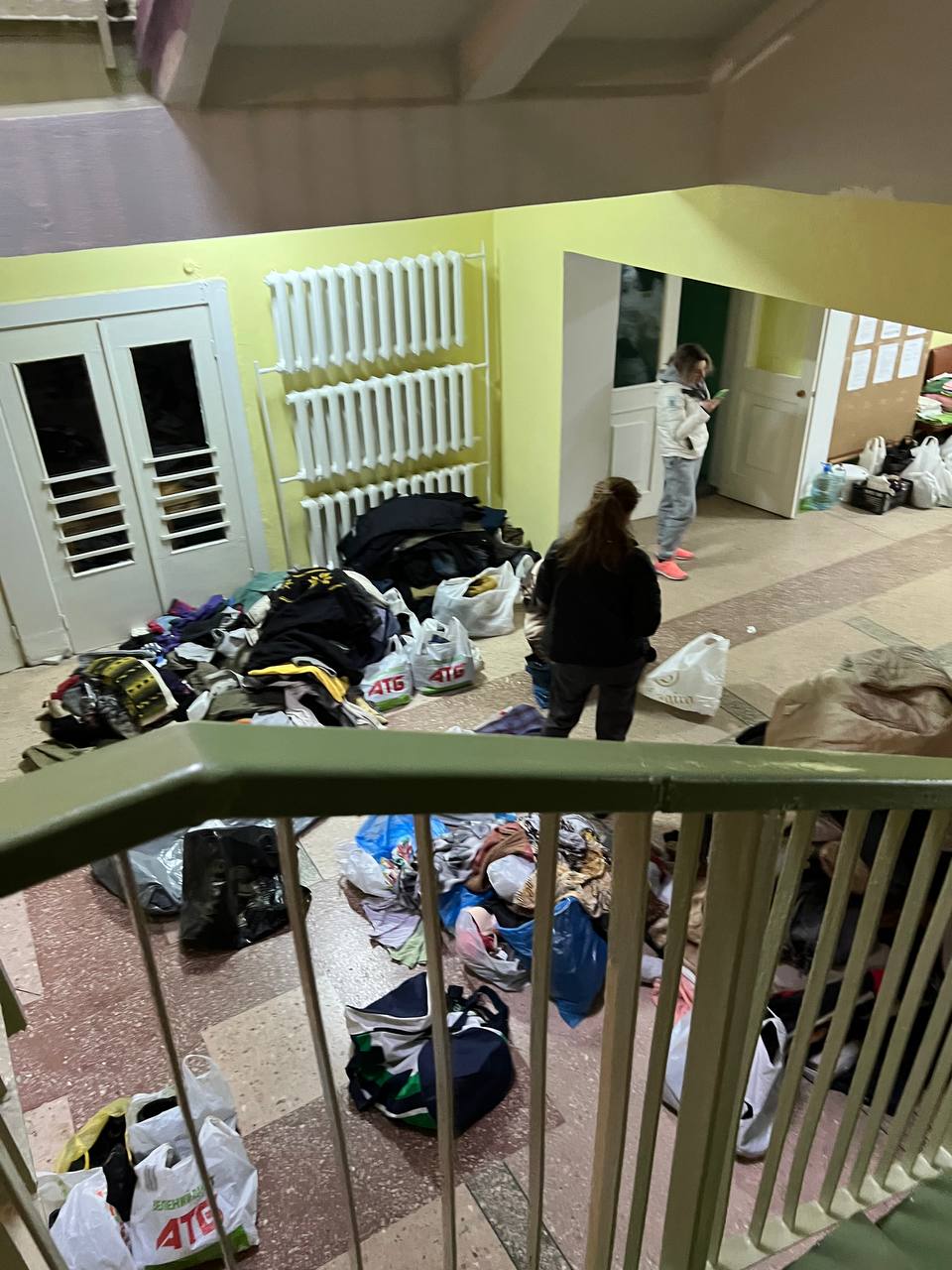
Residents grab what they can and hunker down underground in Kyiv.
These feats have galvanized the Ukrainian people, who are fighting with everything they have. “I feel scared; I feel anxious and angry,” says Prykhodko, “but I also feel pride for my country.”
Lagutina agrees—and she is filled with anger at this “injustice,” she says. “What is happening is unfair to the people of Ukraine. But the main feeling I have is immense pride for our President, Mr. Volodymyr Zelensky, and our army.” Both see them as protectors, defenders, saviors.
But what can the rest of the world do to aid Ukrainians? “Don’t be silent! Be loud!” says Prykhodko. “Me and my country are grateful to those who speak up. You can’t imagine how important your support is to us.”
For information on how to help the people of Ukraine, go to our list of nonprofits and humanitarian organizations to donate to and support.
Journalists at Marie Claire Ukraine contributed reporting to this story. If you'd like to support their efforts, a GoFundMe has been established for their publisher, Burda Media.

Galia Loupan is the chief content officer of Marie Claire International, working on brand identity and coordinating content collaboration across Marie Claire editions around the world, including France, the UK, Russia, China, Australia, Argentina, and Turkey, among other countries. She is based in France.
-
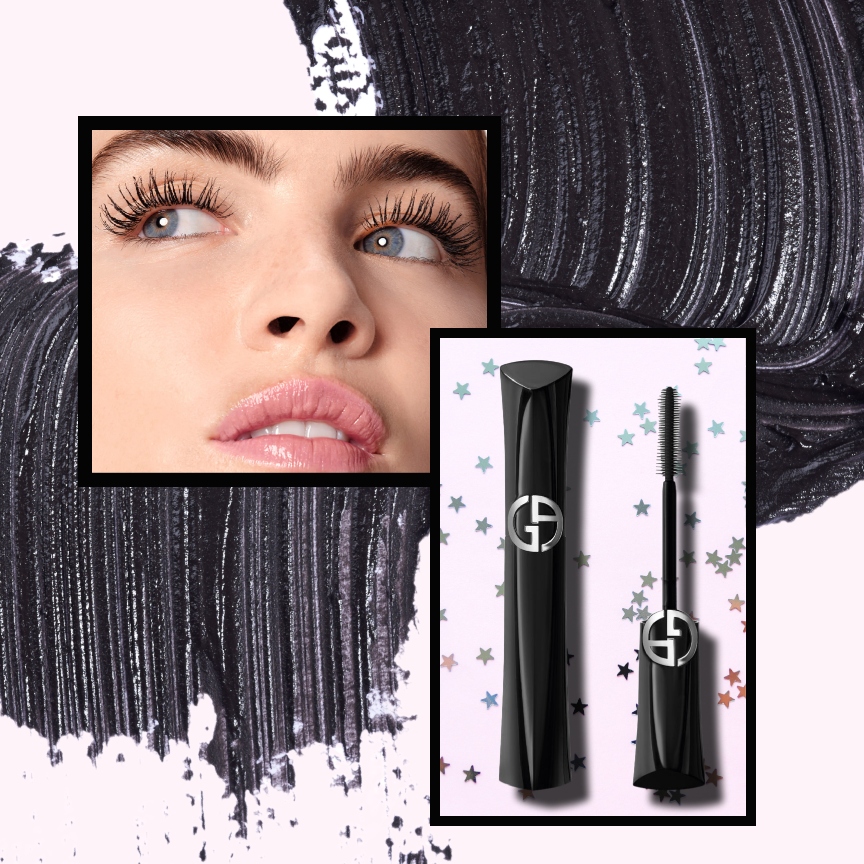 I Ended a 10-Year Relationship With My Drugstore Mascara for This Unbelievably Good Luxe Option
I Ended a 10-Year Relationship With My Drugstore Mascara for This Unbelievably Good Luxe OptionWait until you see the results.
By Siena Gagliano Published
-
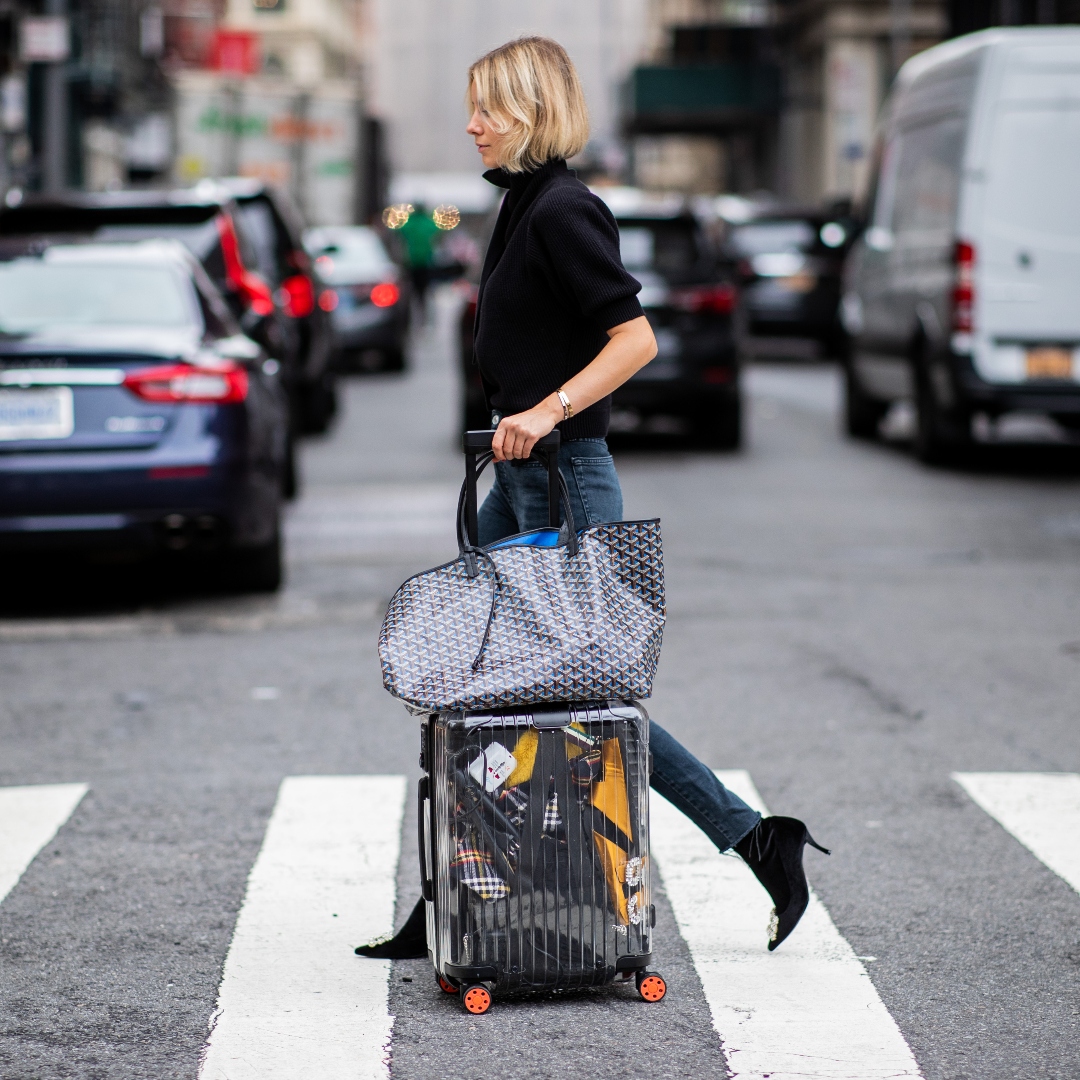 9 Travel Gadgets I'll Never Take a Trip Without
9 Travel Gadgets I'll Never Take a Trip WithoutYour new essentials.
By Grace Dean Published
-
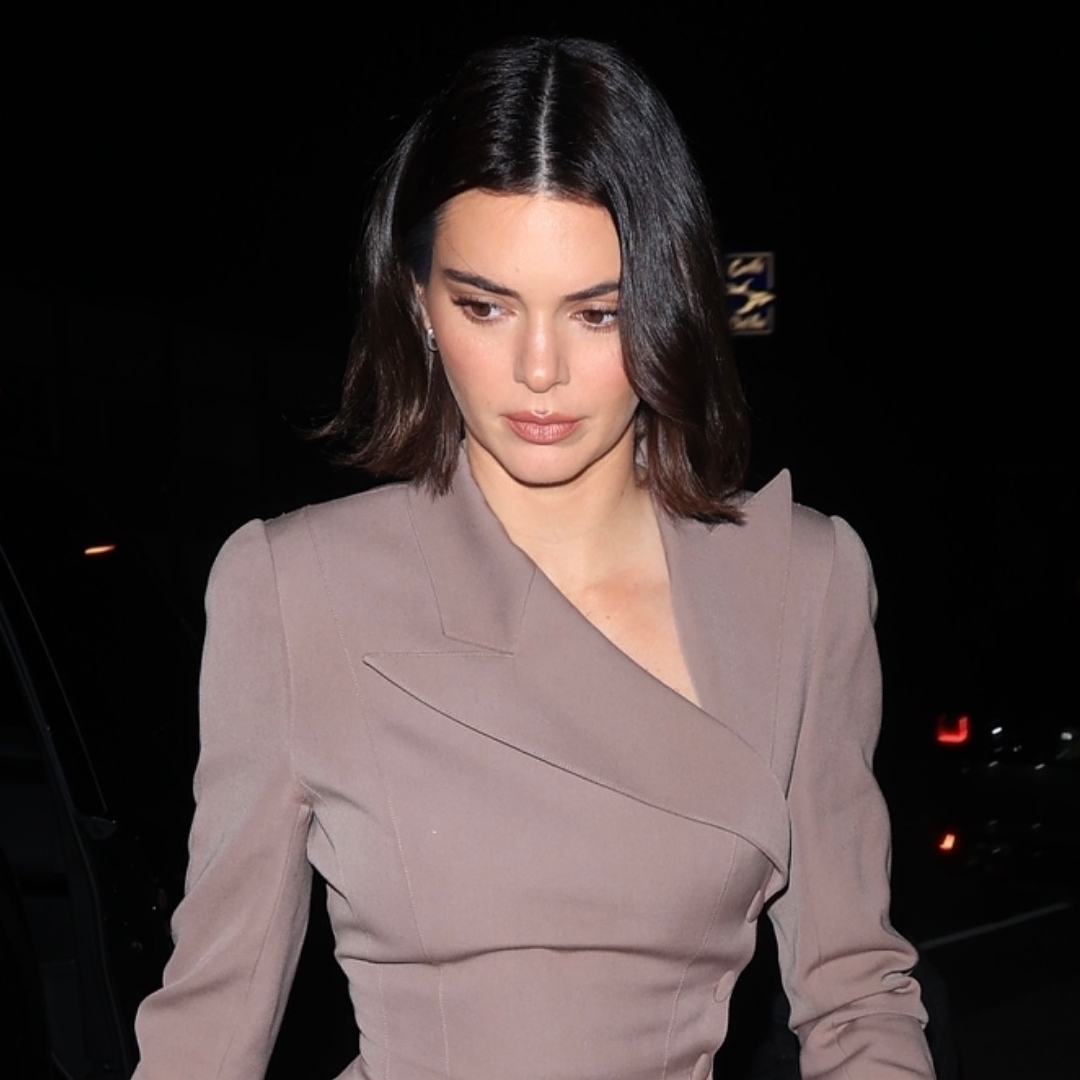 Kendall Jenner's Packing Viral Color Trends for Coachella This Year
Kendall Jenner's Packing Viral Color Trends for Coachella This YearThis spring shade is officially It-girl approved.
By Lauren Tappan Published
-
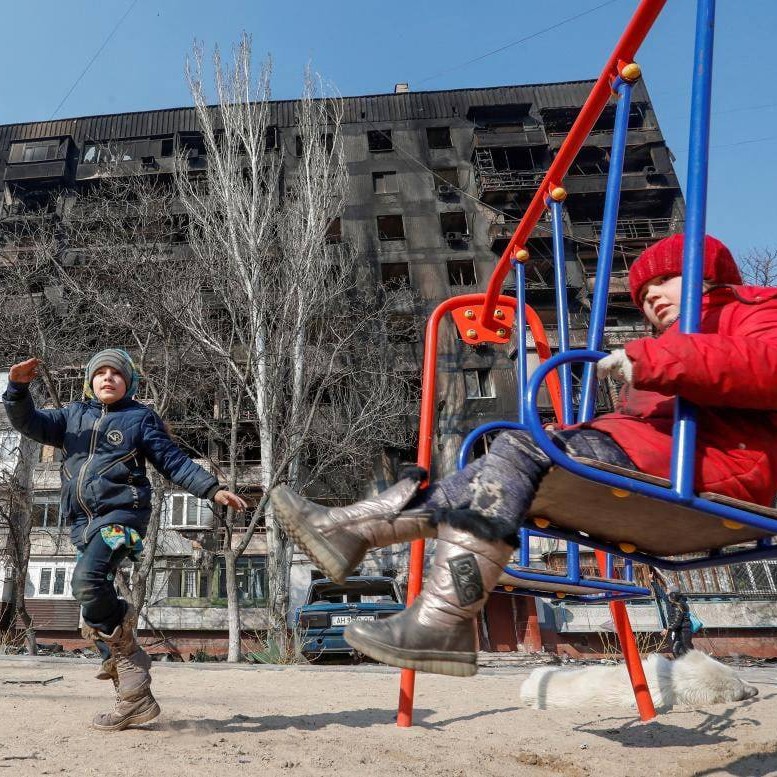 For These Ukrainian Women, Their Weapons Are Their Smartphones
For These Ukrainian Women, Their Weapons Are Their SmartphonesBy collecting cell phone video straight from the front lines, Dattalion shows the unfiltered horrors of the war.
By Maria Ricapito Published
-
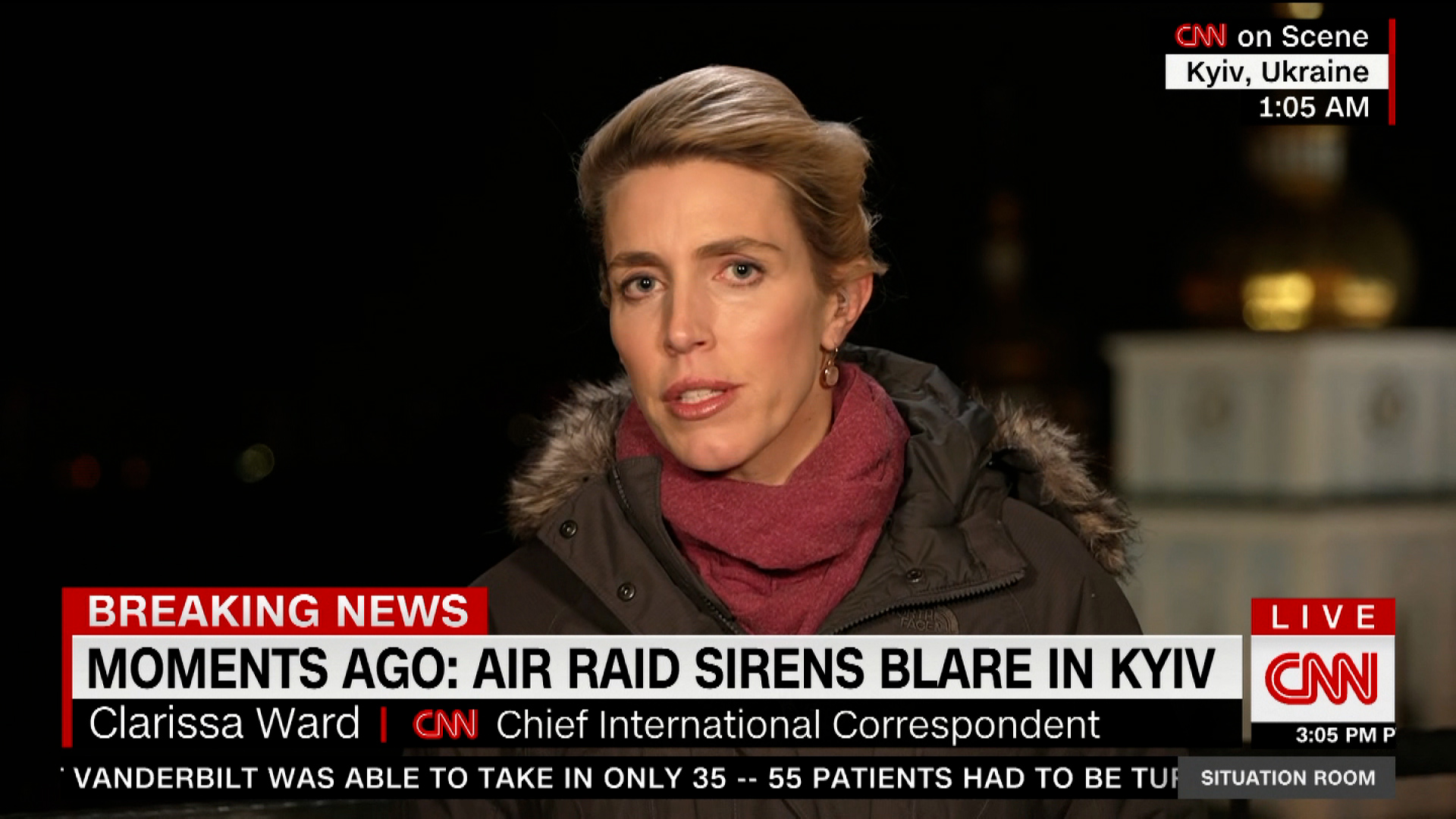 Clarissa Ward on What It's Really Like to Report Live From Ukraine Right Now
Clarissa Ward on What It's Really Like to Report Live From Ukraine Right NowThe network's chief foreign correspondent on pivoting from Kabul to Kharkiv and Kyiv.
By Maria Ricapito Published
-
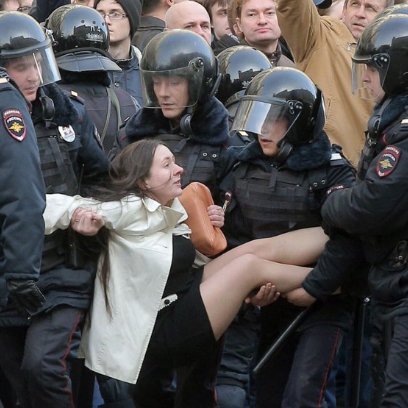 Why This Photo from Russia's Anti-Government Protest Is Now a Symbol for the Youth Movement
Why This Photo from Russia's Anti-Government Protest Is Now a Symbol for the Youth Movement"I would have gone willingly, if I had just been told why I was being detained. But I didn't even have a chance to ask."
By Diana Bruk Published
-
 Turkey's Deputy Prime Minister Tells Women Not To Laugh in Public
Turkey's Deputy Prime Minister Tells Women Not To Laugh in PublicWe're as confused as you are.
By Diana Pearl Published
-
 How a Hero Saved Two Women From Sex Slavery in NYC
How a Hero Saved Two Women From Sex Slavery in NYCWhen a young woman in Manhattan heard that two Russian college students were headed for potential sex trafficking, she stepped in and changed their fate.
By Marie Claire Published
-
Dispatch from Afghanistan: Imprisoned Women and Ill-Fitting Bullet-Proof Vests
Still, it's not all bad news from the war front.
By Karen Day Published
-
 A Soldier's Tale: Lynndie England
A Soldier's Tale: Lynndie EnglandShe's the face of the atrocities at Abu Ghraib. Now serving 36 months in military prison, Lynndie England breaks her silence about what happened in Iraq, and how it all started with falling for the wrong man.
By Tara McKelvey Published
-
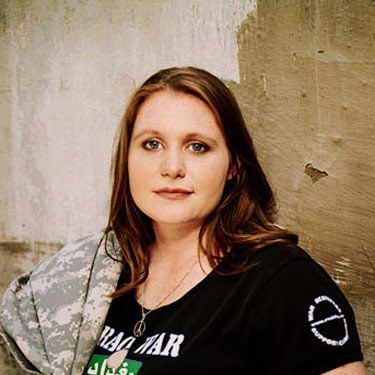 "Why I Went AWOL"
"Why I Went AWOL"She defends her decision to flee.
By Tamara Jones Published